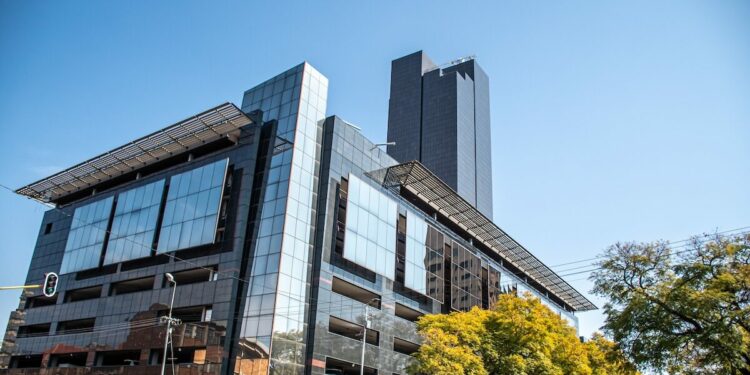The central bank of South Africa made an unexpected decision to adopt a 3% inflation target without receiving authorization from the finance ministry. The South African Reserve Bank (SARB) reduced its main lending rate to establish enduring price stability achievements.
Governor Lesetja Kganyago has maintained that the existing 3–6% inflation range creates excessive uncertainty which harms the economy. The SARB faced opposition from Finance Minister Enoch Godongwana who expressed caution about making this decision before completing discussions with the bank. The Monetary Policy Committee operates independently according to Governor Lesetja Kganyago who made this declaration.
The market showed positive reactions after Godongwana chose not to make any public statements. The market reacted positively to the news by increasing yields on government bonds including the benchmark 2035 issue because lower inflation could boost long-term growth. The de facto adoption of a 3% anchor received widespread approval from analysts who viewed it as a significant positive factor for macroeconomic performance.




